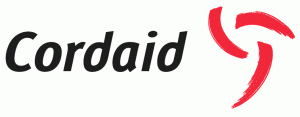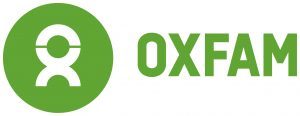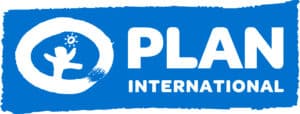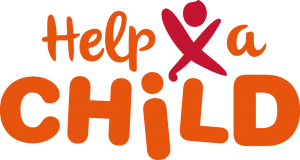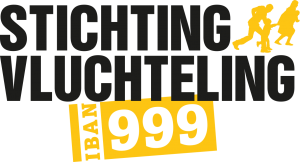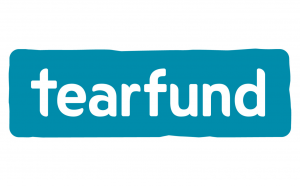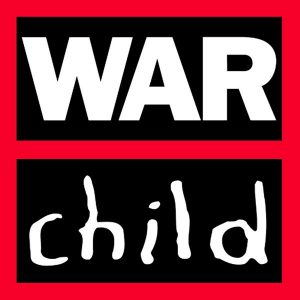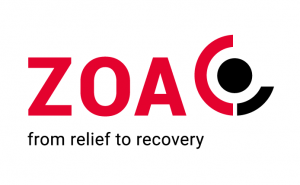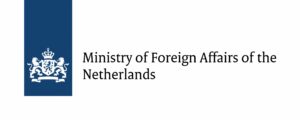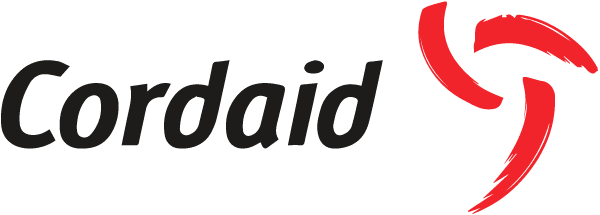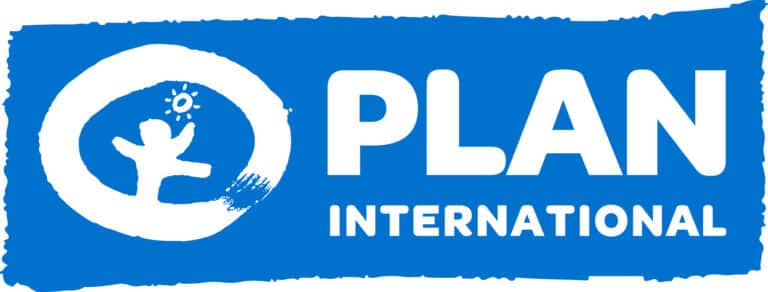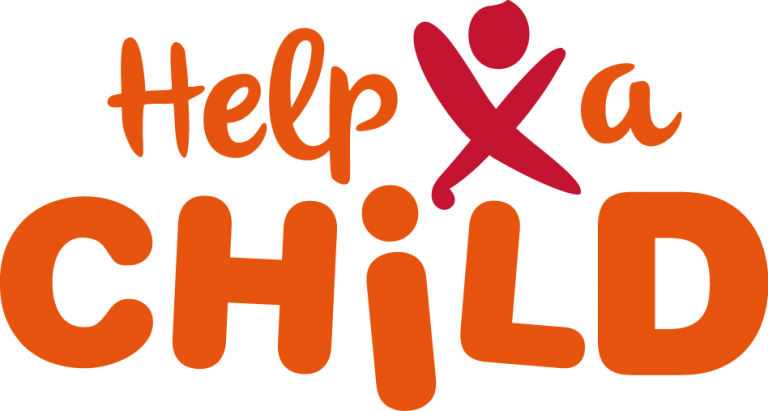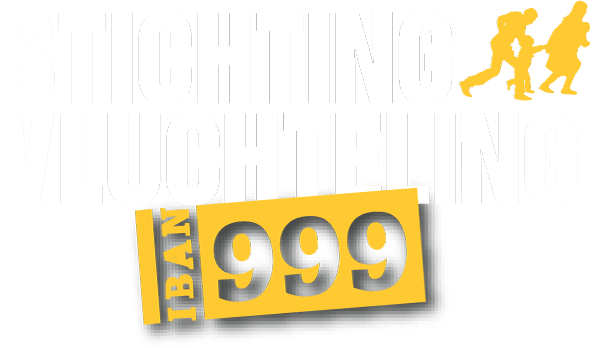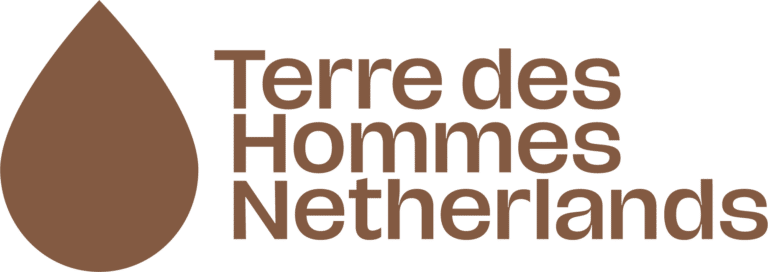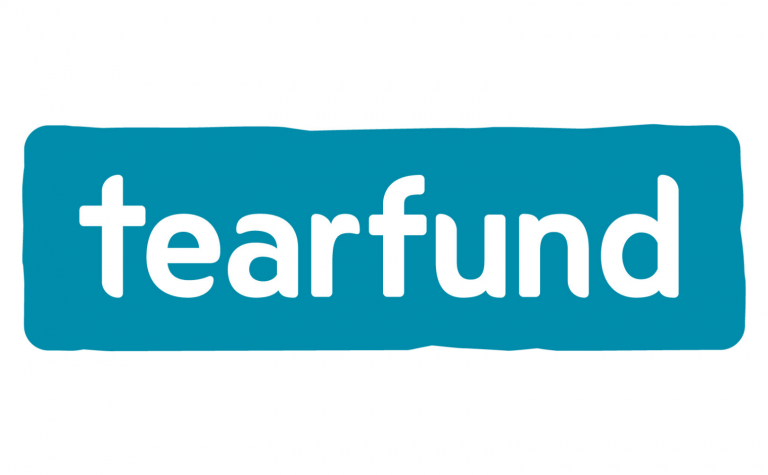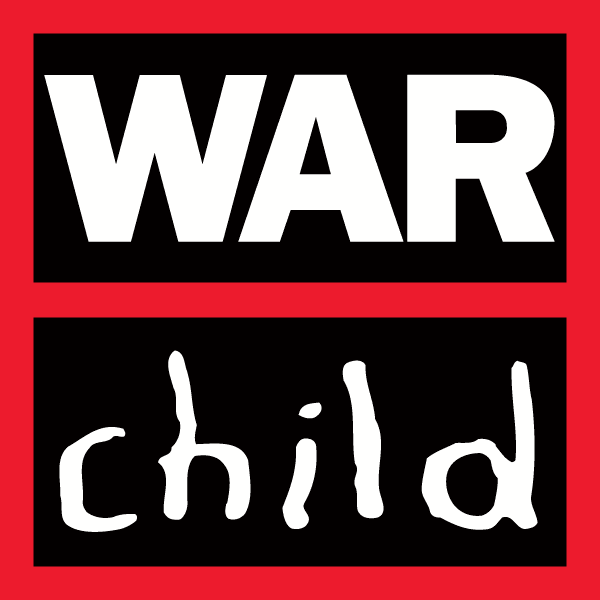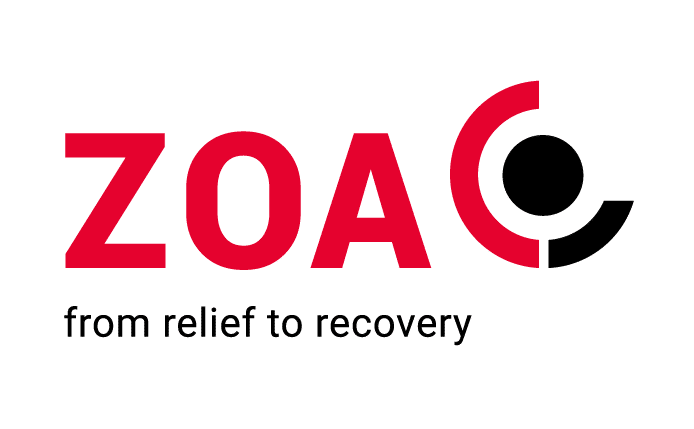WHO WE ARE
The Dutch Relief Alliance is a coalition of 14 Dutch humanitarian organisations that work in partnership with the Netherlands’ Ministry of Foreign Affairs and many local organisations. Its members are: CARE Nederland, Cordaid, Dorcas, Oxfam Novib, Plan International, Help a Child, Save the Children, SOS Children’s Villages, Stichting Vluchteling, Tearfund, Terre des Hommes, War Child, World Vision Nederland and ZOA.
History
The Dutch Relief Alliance was established in 2015 by 10 Dutch humanitarian NGOs. In the preceding year, these organisations had coordinated their response to three crises in South Sudan, Ebola and Iraq. The Dutch Ministry of Foreign Affairs, which funded these relief projects, recognised an opportunity for a leaner, large-scale funding model.
The mechanism developed by these NGOs and the Ministry actually transcends a fully operational humanitarian funding modality – a significant accomplishment in its own right. The Dutch Relief Alliance is not so much about what we are as what we want to achieve. We aim to become a leading example for humanitarian reform, working in accordance with the Grand Bargain Commitments and Core Humanitarian Standards. The Dutch Relief Alliance is as much an approach as it is an alliance.
Grand Bargain and Core Humanitarian Standard
At the heart of the Dutch Relief Alliance lies a shared wish to put the Grand Bargain commitments into practice. The sector has come to recognise that in humanitarian responses, the ‘what’ is ultimately less important than the ‘how’. This is where the Dutch Relief Alliance is breaking new ground. We are committed to our joint vision – and to finding new ways to realise it together as a coalition. The Dutch Relief Alliance is an on-going, global testing ground for engagement with Grand Bargain and Core Humanitarian Standard commitments like localisation, multi-year funding and programming, accountability and community engagement.
VISION, MISSION AND VALUES
The Dutch Relief Alliance envisions a world in which people affected by crisis stand at the centre of a respectful humanitarian response that saves lives, alleviates suffering, restores dignity and contributes to resilience. Our ensuing mission is to work together with those most in need to develop a timely, efficient and high-quality humanitarian response based on equitable partnership.
Over the past few years of collaboration, we have established a set of seven values that inform all our activities:
- Our approach is built on a foundation of principled humanitarian action
- Our partners collaborate within the alliance and with a range of other players
- We are accountable to affected populations, partners, donors and their constituencies
- Our responses are gender-sensitive and inclusive of vulnerable groups
- We pursue quality, innovative ways of working and continuous improvement
- We use our voice to influence the humanitarian system in support of our vision
- We work as locally as possible – and as internationally as necessary
GOVERNANCE
The Dutch Relief Alliance’s Board of Directors is made up of a Chair, Alliance Manager and Crisis Response Manager. The Board manages and coordinates the alliance’s activities and liaises between the Netherlands’ Ministry of Foreign Affairs and our partner organisations. The members come together in the Dutch Relief Alliance Partners Meeting – with delegated representatives from each partner – and in the CEO meeting. The alliance also has several working groups that focus on specific topics such as localisation and early warning.
JOINT RESPONSES
One of the key elements of our approach is the Joint Response Mechanism. Joint responses are co-created and implemented by our members and local partners, which are selected on the basis of geographical and technical criteria. This is done in collaboration with other international and local humanitarian actors. Peer review mechanisms are in place to ensure the quality of each joint response.
The Dutch Relief Alliance uses a ‘dual response mode’: tailoring our joint response to either an acute or a protracted humanitarian crisis. The Acute Crisis Mechanism allows us to respond in a timely manner – within 72 hours – to an acute crisis or spike in need without having to round off a lengthy approval process. The Protracted Crisis Mechanism allows us to invest in more sustainable longer-term responses through predictable multi-year funding. With joint responses for protracted crises, local partners can become increasingly engaged in all programme phases.


